Should I Take Out A Fixed or Adjustable Rate Mortgage Loan?
This calculator helps you compare the cost of a fixed versus adjustable loan.
One of the key decisions home buyers face is deciding between a fixed rate mortgage versus adjustable rate mortgage (ARM). As its name implies, the interest rate on a fixed rate mortgage stays constant over the term of the loan, while the interest rate on an ARM adjusts, or changes, periodically over the term of the loan.
The interest rate on an ARM is typically calculated using a market index, such as 1-year constant-maturity Treasury (CMT) securities, the Cost of Funds Index (COFI), and the London Interbank Offered Rate (LIBOR). In almost all cases, lenders add a margin (percentage points) to the index to determine the actual interest rate associated with the loan.
ARMs are attractive to home buyers because they generally offer a lower initial interest rate than a fixed rate mortgage, saving you more money up front. They also can save you more in the long term, provided interest rates remain stable or decrease. And often, home buyers choose an ARM because they can qualify for a larger loan amount.
However, for all these benefits there is a tradeoff: the risk of rates going up. When comparing fixed versus adjustable rate mortgages, it is important to consider the following factors:
What is your long-term forecast for interest rates? If you think interest rates will rise in the future, you may want the security of a fixed rate mortgage. Currently, interest rates have been at historically low rates, so many home buyers are opting for fixed rate loans.
How long do you expect to live in your home? If you plan in moving to another home in a relatively short period of time, an ARM may be your best bet. A 5/1 ARM, for example, will maintain a fixed interest rate for the first 5 years of the loan. If you move before that time, you will never be exposed to the interest rate adjustment following the initial (fixed rate) period of the loan.
How risk adverse are you? Fixed rate mortgages provide the peace of mind that comes with absolutely knowing what your payments will be over the term of your loan.
What are the terms of the ARM? In addition to the index used, other important factors associated with the loan are the period cap, lifetime cap, and the margin that is added to the index to determine the actual interest rate.
What type of loan can you qualify for? Depending on your credit, your lender may require you to accept an ARM in order to qualify for the loan amount you are seeking.
And, of course, when comparing the two loan options, there are all of the basic variables that you should also look at when comparing any specific loans, such as the interest rates, points associated with the loans, and other closing costs that will likely vary between your various options.
The Fixed vs. Adjustable Calculator below will help you with your decision making process. While this will provide some general direction, it is always wise to seek advice from a professional financial advisor to make a final decision as to which is the best option for you.
QUESTIONS & ANSWERS - COMPLIMENTS OF CONSUMER FINANCIAL PROTECTION BUREAU (CLICK FOR ANSWERS)
How do I find the best loan available when I’m shopping for a home mortgage loan?
What costs will I have to pay as part of taking out a mortgage loan?
What fees or charges are paid when closing on a mortgage and who pays them?
What is the finance charge on a mortgage?
What does “amount financed” mean when getting a mortgage loan?
How does paying down a mortgage work?
How do mortgage lenders calculate monthly payments?
What is the difference between a mortgage interest rate and an APR?
What is the difference between a fixed-rate and adjustable-rate mortgage (ARM) loan?
If I am considering an adjustable-rate mortgage (ARM), what should I look out for in the fine print?
For an adjustable-rate mortgage (ARM), what are the index and margin, and how do they work?
With an adjustable-rate mortgage (ARM), what are rate caps and how do they work?
What is an "interest-only" loan?
Is there any reason my mortgage payment would change over the life of my loan?
What are (discount) points and lender credits and how do they work?
What is a loan-to-value ratio and how does it relate to my costs?
What is a payoff amount? Is my payoff amount the same as my current balance?
What is mortgage insurance and how does it work?
What is a second mortgage loan or "junior-lien"?
What are mortgage origination services? What is an origination fee?
What is a mortgage "closing"? What happens at the closing?
What are prepaid interest charges?
I’m about to close on a mortgage. What should I do before, during, and after the mortgage closing?
What is the difference between a mortgage broker and a mortgage lender?
What is homeowner's insurance? Why is homeowner's insurance required?
What are Fannie Mae and Freddie Mac?
My mortgage closing forms mention a “security interest.” What is a security interest?
What are late fees on a mortgage?
